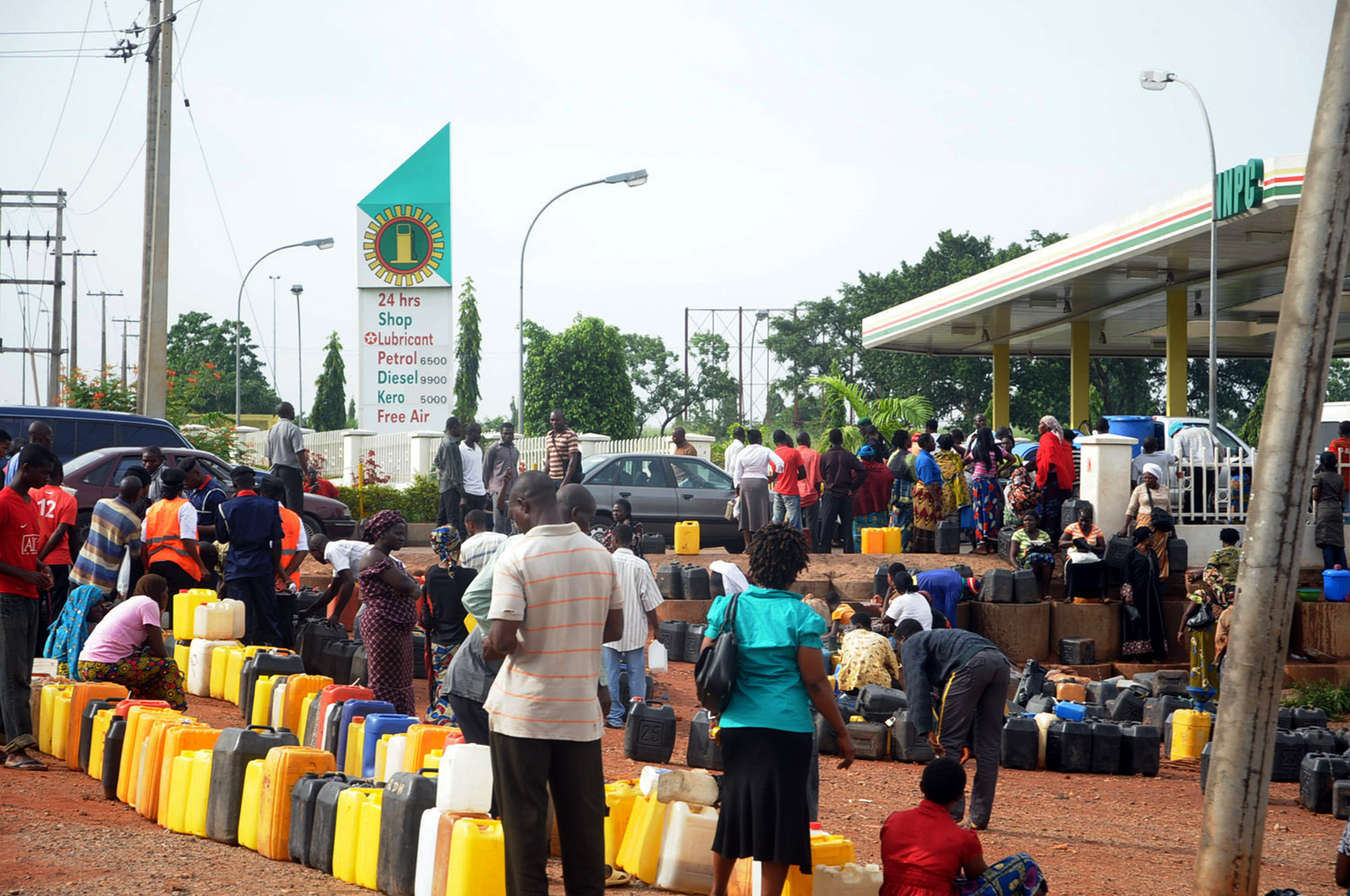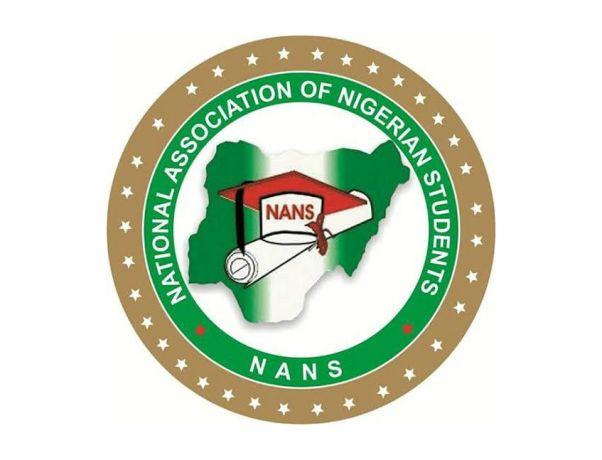President Bola Tinubu has called on the World Bank to support Nigeria’s ongoing economic reforms, with a focus on agriculture, youth employment, and private sector growth, as part of his administration’s strategy to strengthen the economy and expand opportunities for the citizens.
The president made the remarks on Tuesday while receiving a delegation from the World Bank led by Anna Bjerde, Managing Director of Operations, at the State House, Abuja.
“Since we went into this tunnel of reform, we have our hands on the power and we’re never going to look back. Initially, it was painful and difficult, but those who win are not the ones who give up in difficult times,” Tinubu said.
The president highlighted the importance of mechanization and modernization of agriculture to increase productivity and create opportunities for Nigeria’s large young population.
“We have mechanization centers to help farmers with improved seedlings and fertilizers to enhance their programs. The goal is to move farmers from small-scale holders to large cooperatives that can create opportunities for Nigerians,” he explained.
Tinubu also pointed to the petrochemical sector and other domestic industries as areas where the government is working to improve outputs and strengthen local markets. He stressed that reforms are continuous and must be grounded in transparency, accountability, and stability.
“The first reaction to reforms was high inflation, but it has come down dramatically, and the Naira is now stable. We want to help investors operate with ease, reduce bureaucracy, and develop the skills of our people,” he said.
Anna Bjerde commended Tinubu’s administration for its consistent and steady approach to reforms over the past two years. She highlighted that Nigeria has become a global example of reform implementation, giving confidence to investors and policymakers worldwide. “The results achieved in the last two years are commendable. Your steady communication of the importance of reforms has given confidence and clarity, and there is no turning back,” Bjerde said.
She emphasized the importance of job creation, particularly for Nigeria’s youth, noting that Africa’s young population is growing rapidly and that SMEs are central to employment generation.
“Agriculture is a huge part of the economy and a major employer. Innovations in mechanization, cooperatives, value-chain development, and infrastructure can be scaled to create more opportunities,” Bjerde said.
She also highlighted the World Bank’s financial support for Nigeria, including public sector financing of $17 billion, private sector support of $5 billion through the IFC, and investment guarantees exceeding $500 million. These instruments are aligned with Nigeria’s reforms, including trade, digital initiatives, and inflation management, to stimulate private sector growth and human development.
“We want to work with Nigeria to accelerate growth, improve access to finance for SMEs, and support early childhood development as part of a comprehensive human development strategy,” she added.
The meeting underscored Nigeria’s push to attract foreign support for strategic reforms, particularly in sectors that directly affect youth employment, food security, and overall economic growth.

 Boss Picks4 days ago
Boss Picks4 days ago
 Opinion6 days ago
Opinion6 days ago
 Events4 days ago
Events4 days ago
 Opinion4 days ago
Opinion4 days ago
 Adding Value5 days ago
Adding Value5 days ago
 Featured5 days ago
Featured5 days ago
 News5 days ago
News5 days ago
 Headline3 days ago
Headline3 days ago














